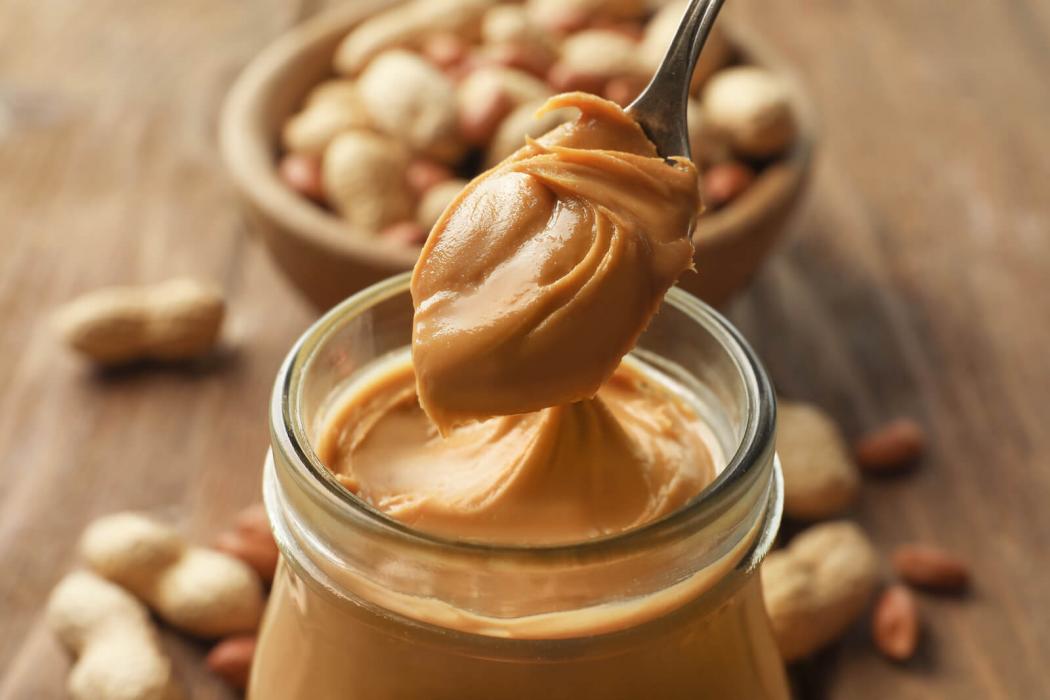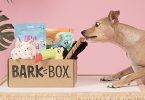Is peanut butter good for dogs? Well, there are many who believe so. I, however, am of the mind that if your dog has a serious allergy to peanuts, he should NOT be fed peanut butter! There are many reasons why dogs may have an allergic reaction to peanuts but the main reason seems to be because the peanut protein can make your dog salivate excessively, which can then lead to airway inflammation and breathing problems. There are other allergies to peanut protein that also cause dogs to salivate excessively.
In general, peanut butter is pretty darn awesome for dogs and almost all dogs LOVE it! Peanut Butter Jelly can be a great addition to your dog’s treat menu, especially if you use a sugar substitute such as lactose-free jam or honey, but don’t feed your pooch too often or he may get a tummy ache (a.k.a. “wind”) due to excessive wind sucking. However, if you feed your pooch a large amount of sugar-free or jam/honey treats too often, he may become overweight. It seems that although dogs love the sweetness of peanut butter, they also enjoy the sweeter, milky flavor of honey.
Xylitol, on the other hand, is a natural sweetener that your dog can enjoy as well. Xylitol is the same molecular formula as the popular natural sugar called table sugar, or mannish, sugar. The difference lies in the fact that xylitol does not convert into fat when digested, so it is a healthy alternative to sugary treats like grapes and apples. In addition, the crunchy, silky texture of xylitol is what dogs love most about it. If you feed your dog too much of one type of sweetener, however, you may see a health problem because, although dogs love the taste of the crunchy, unsweetened kind, they also like the softer, milky taste of xylitol.
What toys do small dogs like?
It seems that one of the most asked questions concerning the subject of what toys do small dogs like is whether they like chewable toys or not. You see, there are a number of things that you need to consider when it comes to these little dogs and just as importantly, what they shouldn’t have. You see, there are certain toys that are quite harmful to your dog and therefore should be avoided at all costs by your small dog. The first thing that you should be aware of is that these dogs have small teeth and they, therefore, require you to ensure that you do not give them anything that they can chew on as this can seriously injure them.
There are many different types of toys that are designed for your dog and if you take the time to look around you will be surprised to find out that there are quite a few that are designed especially for little dogs. If you can not get any chewable toys then you can always go for the soft kind which is very safe for the dog. There are also chewable toys for puppies that you can give them, but these should only be given in the early stages of their life when they are still very young. Puppies are not supposed to chew on things because they will choke on them.
The next thing that you should consider is that these toys should also be designed in such a way that they are soft and safe for your small dog. It is also important that you know which toys can actually harm your dog and which ones are actually good for them. For instance, some toys can actually cause your dog to develop nervousness and this can be very problematic as well as dangerous to your dog. So, you should ensure that you do not give your dog any toys like this because it can seriously affect their health. These are some of the most important things that you need to know about what small dogs like and understand before you go shopping for the dog itself.
Is toy stuffing bad for dogs?
Is toy stuffing bad for dogs? Well, you might be surprised to find out that there are many benefits to dog toy stuffing. Not only is this healthy and essential for your dog’s health, but it can also prevent many potential problems that can be harmful to you as a dog owner.
One of the main reasons why dog owners use toy stuffing is because it prevents your dog from chewing on things that are not meant to be chewed. This includes stuffed toys that are made from materials such as cotton and polyester. Cotton and polyester are both very soft and are easy to tear apart, even if your dog is only young and cannot yet control his teeth. This is why you will commonly see stuffed toys in the mouths of older dogs. They do not have the control that they once had and that is what leads to issues like chewing up things that shouldn’t be chewed and developing tartar.
Another benefit of toy stuffing is that it keeps your dog from ripping up things he should not chew on such as cloth towels or your favorite armchairs. Even though dogs can generally figure out how to open these items, they have a tendency to tear them apart before they are able to reach them. This is especially important if your dog has recently been trained not to pull out the holster on chairs.







